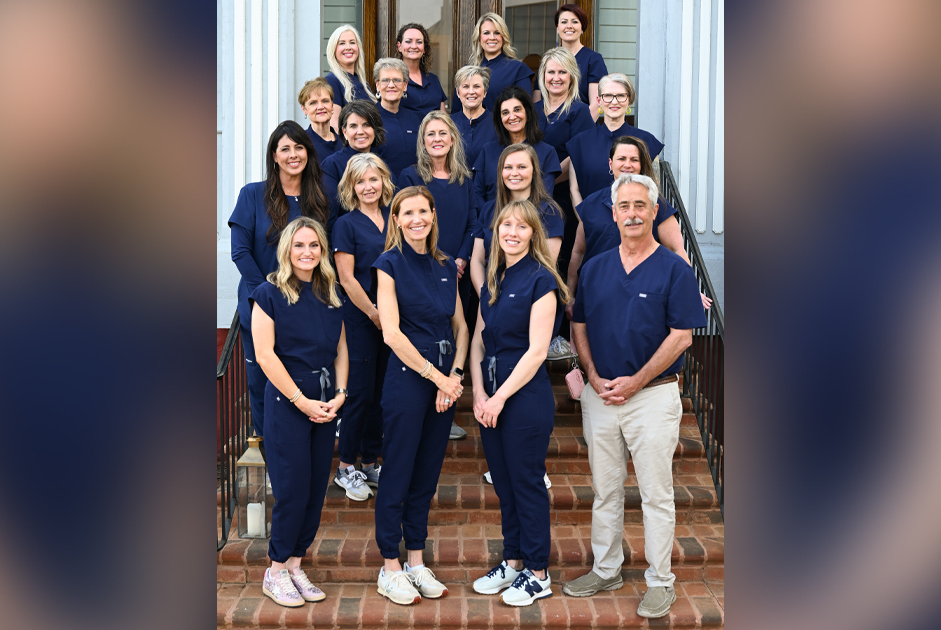BY BOB FEIKEMA, FAMILY SERVICES PRESIDENT AND CEO
Education has long been the door to opportunity and the pathway to prosperity in America.
“The American Century” was made possible by the establishment of the universal public high school, which began around 1910. At that time only nine percent of Americans had a high school diploma; by 1940, the number had increased to 50 percent.
Other innovations have followed. In 1981, North Carolina became the first state to require kindergarten to be offered to all children. Winston-Salem can claim honors as the site of the nation’s first public arts conservatory with the opening of the North Carolina School of the Arts in 1963. And high school students today are earning college credits before graduation through advanced placement and dual enrollment.
Despite these innovations, achieving the American Dream has become a remote possibility for too many, especially for younger generations. An “opportunity gap” has opened up, as documented by Harvard political scientist Robert Putnam in his book, Our Kids: TheAmerican Dream in Crisis. Putnam found that:
…over the last 30-40 years, there is a growing gap for the opportunities and resources between those kids coming from affluent and well-educated homes, and opportunities and resources for those kids coming from poor, less-educated homes. The point of my work is to say, ‘Here’s the reality.’ Now, how do we go about changing our current reality to move us back more towards the reality of the American Dream?
The opportunity gap is widest in Forsyth County.
A 2017 study by two Harvard economists found Forsyth County to be among the worst counties in the U.S. for helping poor children move up the income ladder. We rank fifth worst out of 2,873 counties nationwide. Only four American Indian reservations are below us.
Fortunately, there are proven ways to close the opportunity gap, most notably during the earliest years of life. Brain science has confirmed what most parents already know, namely, that the first five years of life are a time of tremendous physical, social, emotional, and cognitive development. These are the years when brain architecture is being built, with more than one million new neural connections formed every second. But just as seeds must be planted in good soil in order to grow, a child’s environment and life experiences shape and change the architecture of the developing brain, laying the foundation for all the development and behavior that follows, including how healthy and successful the child will become as an adult.
A recent Duke University study authored by Kenneth A. Dodge, whose team studied more than one million North Carolina public school children, found significant benefits from the state-funded Smart Start and More at Four (NC Pre-K) programs. These early childhood programs
…continued to have positive effects on the population of targeted students…as they progressed through middle school. Higher levels of program funding improved students’ math and reading scores, decreased the likelihood that they would be placed in special education, and reduced the probability of repeating a grade. The More at Four program effects varied significantly across subgroups within the population, with larger positive impacts on children from less well-educated, more economically disadvantaged, and African American families.
Dr. Dodge will be our keynote speaker at our RaisingEvery Child benefit luncheon on May 23rd at the Benton Convention Center. We hope you will come help launch our landmark initiative to elevate the well-being of all children in Forsyth County.
The time has come for Forsyth County to take this step on behalf of its youngest children—our future workers, parents, citizens, and leaders.
If not now, when?



















